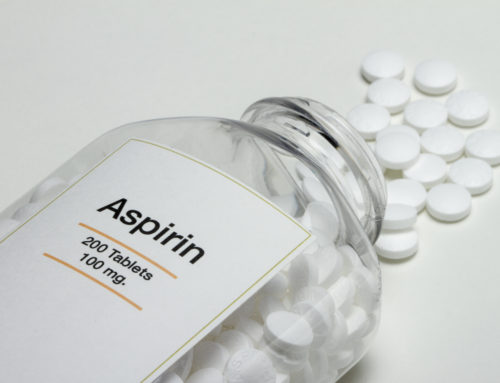NICE has published final draft guidance recommending two new treatment options for some people who have conditions that put them at extremely high risk of heart attacks or strokes.
The British Heart Foundation (BHF) has responded to the news, stressing that further research into their long-term safety is needed before they are recommended more widely.
The draft guidance recommends alirocumab (Praluent, Sanofi) and evolucumab (Repatha, Amgen) for adults with primary hypercholesterolaemia, mixed dyslipidaemia, or are intolerant to statins, to help reduce their risk of heart attack or stroke.
People with primary hypercholesterolaemia or mixed dyslipidaemia have an increased risk of heart disease because long term raised cholesterol levels accelerate the build-up of fatty deposits in the arteries (atherosclerosis). The narrowing of the arteries can eventually lead to conditions such as angina, heart attack and stroke.
Professor Peter Weissberg, Medical Director at the BHF, said, ‘The new PCSK9 inhibitors approved for use by NICE are a new and exciting way to reduce harmful cholesterol levels.
‘However, because their long-term safety is still unknown, and they are yet to show reduced risk of heart attack, their use is currently restricted to patients with dangerously high cholesterol levels despite treatment with statins.
‘This new class of drugs is undergoing intensive clinical investigation. Guidelines are likely to change in the future as more information is revealed surrounding their safety and effectiveness.’







